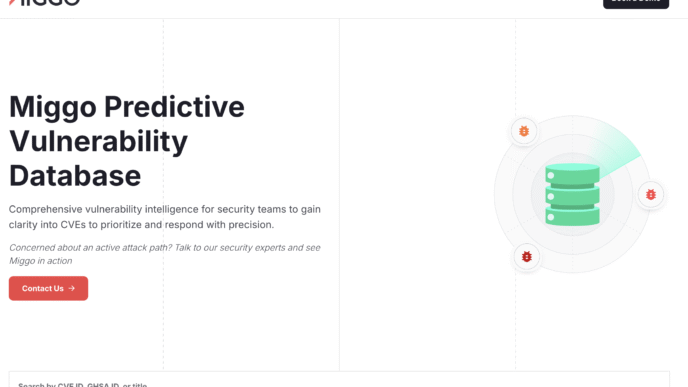In today’s complex financial landscape, many individuals find themselves struggling to manage their money effectively. Whether it’s dealing with debt, saving for retirement, or simply creating a budget that works, the world of personal finance can be overwhelming. This is where financial coaching comes into play. In this article, we will delve into the world of financial coaching, exploring what it is, its benefits, how to find a qualified coach, and much more.
What is Financial Coaching?
Financial coaching is a personalized and collaborative approach to managing your finances. It involves working with a trained professional who provides guidance and support in various areas of financial management. Unlike traditional financial advisors, financial coaches focus not only on the numbers but also on helping individuals develop the necessary skills and mindset to make informed financial decisions.
The Benefits of Financial Coaching
3.1. Improved Financial Literacy
One of the key benefits of financial coaching is the improvement of financial literacy. Coaches educate their clients on fundamental financial concepts, such as budgeting, saving, investing, and understanding credit. This knowledge empowers individuals to make informed decisions and take control of their financial future.
3.2. Debt Management and Reduction
Financial coaches assist clients in creating a strategy to manage and reduce debt effectively. They can help consolidate loans, negotiate with creditors, and develop a structured plan to become debt-free.
3.3. Setting and Achieving Financial Goals
Financial coaching is all about setting and achieving financial goals. Coaches work with clients to define their financial objectives, whether it’s buying a home, saving for a child’s education, or building a retirement nest egg. They then create a roadmap to reach these goals.
How to Find a Qualified Financial Coach
4.1. Credentials and Experience
When seeking a financial coach, it’s essential to consider their credentials and experience. Look for certifications from reputable organizations and ask for references or case studies that demonstrate their expertise.
4.2. Compatibility and Communication
Effective communication and compatibility are crucial in a coaching relationship. Choose a coach you feel comfortable with and can openly discuss your financial concerns.
4.3. Cost and Affordability
Financial coaching services vary in cost. Evaluate your budget and choose a coach whose fees align with your financial situation. Remember that the investment in coaching can lead to significant financial improvements.
The Process of Financial Coaching
5.1. Initial Assessment
The coaching journey typically starts with an initial assessment. You and your coach will discuss your financial situation, goals, and challenges. This helps create a personalized plan tailored to your needs. Read more
5.2. Creating a Financial Plan
Your coach will work with you to create a detailed financial plan. This plan outlines actionable steps, timelines, and strategies to achieve your financial goals.
5.3. Ongoing Support and Accountability
Financial coaching involves continuous support and accountability. Your coach will monitor your progress, provide guidance, and help you stay on track, even when faced with financial obstacles.
DIY vs. Professional Financial Coaching
We’ll also examine the differences between DIY financial management and seeking professional coaching. While some may opt to navigate their financial journey alone, others may benefit significantly from expert guidance.
Common Myths About Financial Coaching
Dispelling common myths and misconceptions about financial coaching is essential. We’ll address some prevalent myths and provide clarity on what you can truly expect from a financial coach.
Conclusion
Financial coaching offers a personalized and effective way to take control of your finances, improve your financial literacy, and achieve your financial goals. By working with a qualified coach, you can gain the knowledge and confidence needed to navigate the complexities of the financial world. Whether you’re dealing with debt, planning for retirement, or simply looking to manage your money better, consider the power of financial coaching as a valuable tool on your financial journey.
Frequently Asked Questions (FAQs)
What is the cost of hiring a financial coach?
The cost of financial coaching can vary widely. It depends on the coach’s experience, services offered, and your location. Some coaches charge hourly fees, while others offer package deals. It’s essential to discuss fees upfront during the initial consultation.
How long does financial coaching typically last?
The duration of financial coaching varies based on individual goals and needs. Some clients may only require a few sessions, while others may engage in coaching over several months or even years.
Can financial coaching help with investing and retirement planning?
Yes, financial coaching can encompass various financial aspects, including investing and retirement planning. Coaches can help you develop strategies to build wealth and secure your financial future.
Is financial coaching only for those in financial crisis?
No, financial coaching is for individuals at all stages of their financial journey. Whether you’re trying to get out of debt, save for a big purchase, or build wealth, a financial coach can provide valuable guidance.
How do I know if financial coaching is right for me?
Consider seeking financial coaching if you feel overwhelmed by your finances, have specific financial goals, or want to improve your financial literacy. A consultation with a coach can help determine if it’s a good fit for you.













